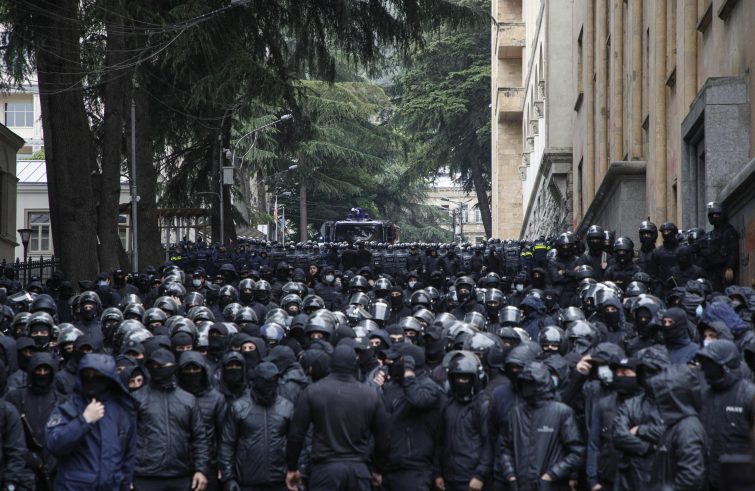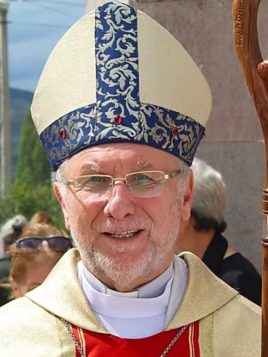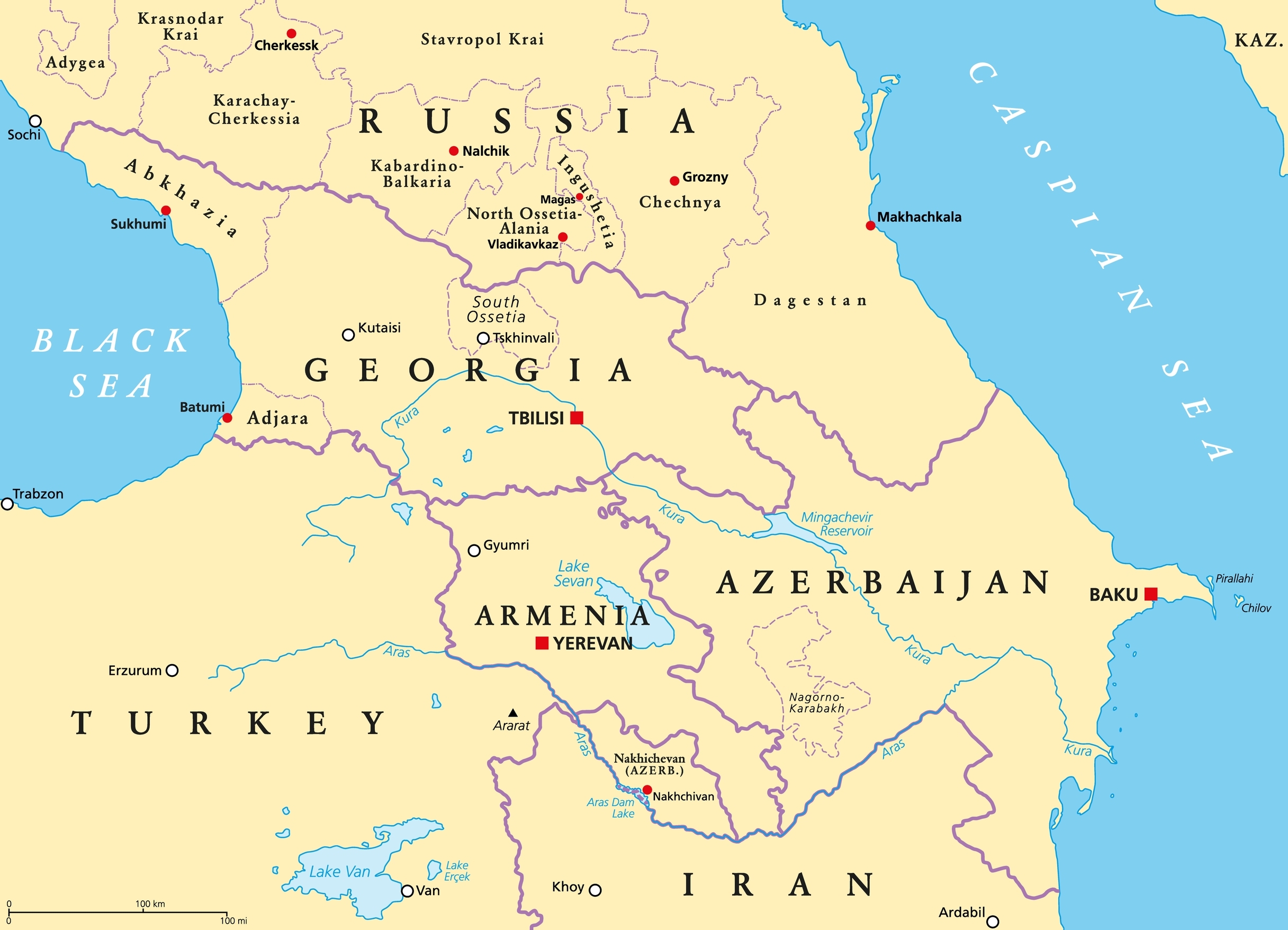
 “My impression is that, unfortunately, the state of tension in the country is intensifying, which makes me extremely worried.” Bishop Giuseppe Pasotto, Apostolic Administrator of the Latin Caucasus, arrived in Verona, Italy, a few days ago to welcome Pope Francis, who is scheduled to visit the city next Saturday. The bishop has continued to receive news from Georgia, where, he says, “I plan to return immediately after the Pope’s visit,” he said. More than a month of street protests were not enough to block the “foreign influence” bill, pushed by the ruling Georgian Dream party and dubbed the “Russian law” by the opposition because it mirrors a law used to stifle most dissent in Russia. Parliament passed the bill in its third reading yesterday, 14 May, with 84 votes in favour and 30 against. It requires NGOs and media outlets that receive 20 per cent or more of their annual revenues from abroad to register with the Justice Ministry as “organisations serving the interests of a foreign power”. “On the one hand, the government is pushing ahead with the law at all costs; and on the other the young people will not be deterred,” said bishop Pasotto.
“My impression is that, unfortunately, the state of tension in the country is intensifying, which makes me extremely worried.” Bishop Giuseppe Pasotto, Apostolic Administrator of the Latin Caucasus, arrived in Verona, Italy, a few days ago to welcome Pope Francis, who is scheduled to visit the city next Saturday. The bishop has continued to receive news from Georgia, where, he says, “I plan to return immediately after the Pope’s visit,” he said. More than a month of street protests were not enough to block the “foreign influence” bill, pushed by the ruling Georgian Dream party and dubbed the “Russian law” by the opposition because it mirrors a law used to stifle most dissent in Russia. Parliament passed the bill in its third reading yesterday, 14 May, with 84 votes in favour and 30 against. It requires NGOs and media outlets that receive 20 per cent or more of their annual revenues from abroad to register with the Justice Ministry as “organisations serving the interests of a foreign power”. “On the one hand, the government is pushing ahead with the law at all costs; and on the other the young people will not be deterred,” said bishop Pasotto.
“It can’t continue this way for long,” he adds. “I am afraid that in this tense situation a provocation could be staged in order to trigger a crisis. I worry that someone could be wounded or even killed. If that were to happen, I don’t know where it would end up. That is why I truly believe that the priority for all of us right now is to focus on the greater good of the country. I am glad that there has been a mobilisation of young people, but I am still worried.”
 Georgian President Salome Zourabishvili, who is against the bill, has already announced that she would veto it – which means that the bill will be sent back to parliament within the coming two weeks. Parliament is then expected to propose an alternative text that will be accepted or rejected by the assembly with no possibility of mediation. There is a risk that the motion will destabilise the country, which plays a key role in the security of the entire Caucasus region. Protests against the initiative have been ongoing since 9 April, when the ruling Georgian Dream party decided to reintroduce the bill, which it withdrew a year ago under pressure from a similar wave of protests. Expressing her support for the young people, Roberta Metsola, President of the European Parliament, wrote on X:
Georgian President Salome Zourabishvili, who is against the bill, has already announced that she would veto it – which means that the bill will be sent back to parliament within the coming two weeks. Parliament is then expected to propose an alternative text that will be accepted or rejected by the assembly with no possibility of mediation. There is a risk that the motion will destabilise the country, which plays a key role in the security of the entire Caucasus region. Protests against the initiative have been ongoing since 9 April, when the ruling Georgian Dream party decided to reintroduce the bill, which it withdrew a year ago under pressure from a similar wave of protests. Expressing her support for the young people, Roberta Metsola, President of the European Parliament, wrote on X:
“Tbilisi, we hear you! We see you! The Georgians on the streets are dreaming of Europe. They proudly wave the European flag. They want a European future. The European Parliament stands with the people of Georgia.”
Bishop Pasotto explains: like many others, I have been impressed by the young people’s commitment to take to the streets every night, and I don’t think they are controlled by foreign powers, as some have suggested. Young people are being young and they are looking to the future with hope. In my opinion, it is the duty of a government to listen to all the voices and to find solutions in cooperation with young people.” Georgia has never been at such a dramatic crossroads like in these last months. It’s not only about the green light to the law, it’s also about the desired itinerary. However, in this “passage”, the country appears to be divided between those who want to restore relations with Russia and those urging a clear move towards the Western camp. “If one party politicises the discourse and ceases to pursue the common good, focusing only on the course of action, there is no certainty as to what might happen. Even the Patriarch, in his Easter Pastoral Letter, while not endorsing any of the positions, called for common paths to be thought out and pursued together. All those involved should believe in this. Everyone must believe that only by working together will we grow, or nothing good will come of it. I am worried and I am praying”, the bishop said.
As young Catholics wrote in a communiqué, “violence is always the wrong answer”.









